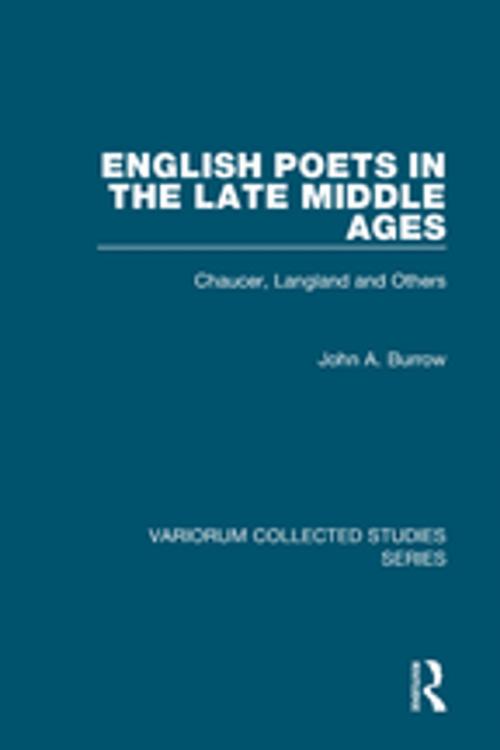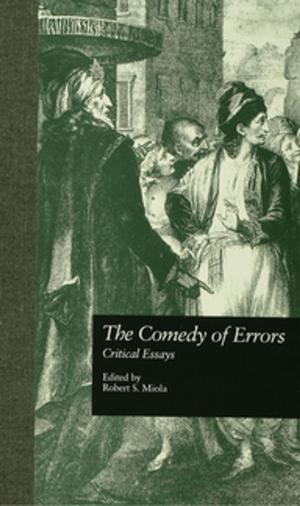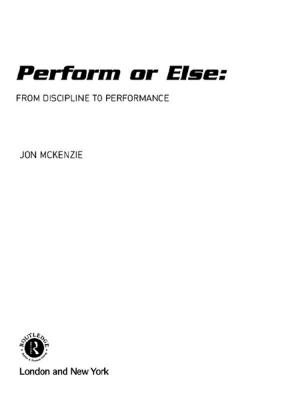English Poets in the Late Middle Ages
Chaucer, Langland and Others
Fiction & Literature, Literary Theory & Criticism, Medieval| Author: | John A. Burrow | ISBN: | 9781351219327 |
| Publisher: | Taylor and Francis | Publication: | February 6, 2018 |
| Imprint: | Routledge | Language: | English |
| Author: | John A. Burrow |
| ISBN: | 9781351219327 |
| Publisher: | Taylor and Francis |
| Publication: | February 6, 2018 |
| Imprint: | Routledge |
| Language: | English |
This volume brings together a selection of lectures and essays in which J.A. Burrow discusses the work of English poets of the late fourteenth and early fifteenth centuries: Chaucer, Gower, Langland, and Hoccleve, as well as the anonymous authors of Pearl, Saint Erkenwald, and a pair of metrical romances. Six of the pieces address general issues, with some reference to French and Italian writings ('Autobiographical Poetry in the Middle Ages', for example, or 'The Poet and the Book'); but most of them concentrate on particular English poems, such as Chaucer's Envoy to Scogan, Gower's Confessio Amantis, Langland's Piers Plowman, and Hoccleve's Series. Although some of the essays take account of the poet's life and times ('Chaucer as Petitioner', 'Hoccleve and the 'Court''), most are mainly concerned with the meaning and structure of the poems. What, for example, does the hero of Ipomadon hope to achieve by fighting, as he always does, incognito? Why do the stories in Piers Plowman all peter out so inconclusively? And how can it be that the narrator in Chaucer's Book of the Duchess so persistently fails to understand what he is told?
This volume brings together a selection of lectures and essays in which J.A. Burrow discusses the work of English poets of the late fourteenth and early fifteenth centuries: Chaucer, Gower, Langland, and Hoccleve, as well as the anonymous authors of Pearl, Saint Erkenwald, and a pair of metrical romances. Six of the pieces address general issues, with some reference to French and Italian writings ('Autobiographical Poetry in the Middle Ages', for example, or 'The Poet and the Book'); but most of them concentrate on particular English poems, such as Chaucer's Envoy to Scogan, Gower's Confessio Amantis, Langland's Piers Plowman, and Hoccleve's Series. Although some of the essays take account of the poet's life and times ('Chaucer as Petitioner', 'Hoccleve and the 'Court''), most are mainly concerned with the meaning and structure of the poems. What, for example, does the hero of Ipomadon hope to achieve by fighting, as he always does, incognito? Why do the stories in Piers Plowman all peter out so inconclusively? And how can it be that the narrator in Chaucer's Book of the Duchess so persistently fails to understand what he is told?















